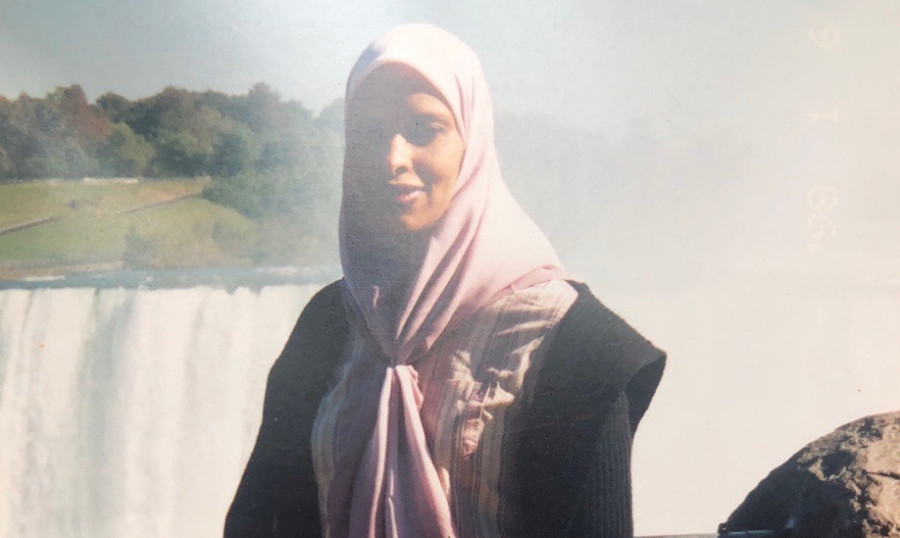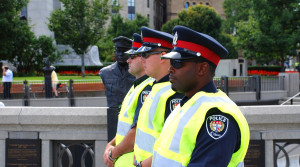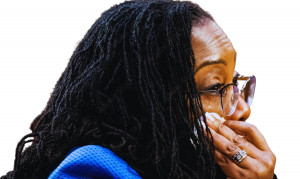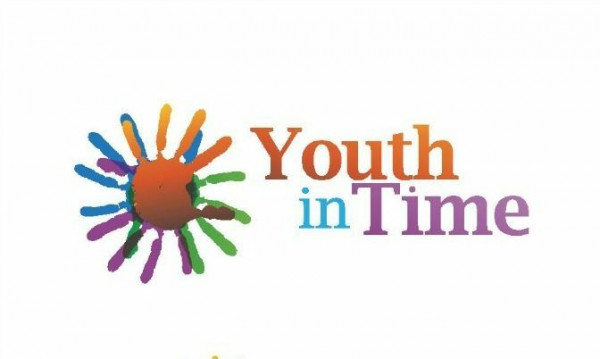This pain, that moulded itself into a smile when we ran into her arms, was overwhelmed by the violence that brought it into existence. It would span across generations that were chosen to make space for grief, abuse, and depression, within a spirit that had already been screaming it was broken. Left in a revolving door of trauma with not enough time to breathe, and few avenues to reach healing.
By definition, trauma is not the distressing event that takes place in a person’s life, but the emotional response that is evoked because of it. It is not the event of losing a loved one, but the grief that follows it. The overwhelming nature of these emotions often means the reaction not only affects our mental but physical well-being. When these negative feelings are held within the body, prevented from being expressed, and therefore healed, they pass down both spiritually and genetically to our descendants.
Psychologists link the experiences in our youth up until the age of seven as a crucial period when your brain begins its rapid development and mapping. In the early stages of life, a child’s immediate environment within the home becomes the gateway in learning how to navigate negative emotions, interactions with others and respond to challenges.
Even further, as children begin to age they obtain the ability to pick up on their parents’ emotional residue. Anger, stress, and fear are all emotions that are capable of being transmitted to a child when suppressed and mimicked when it is witnessed. Suppression can take the form of a mother who in the midst of masking her own grief, becomes emotionally unavailable to her family. A child can sense this sadness, though not outwardly portrayed, and feel their own sense of grief in losing a deeper connection with their parent. Mimicking emotions can manifest as a young adult who decides to use aggressive outbursts in arguments, repurposing a rage he witnessed from his father who would throw plates at the wall in fits of anger.
While my mother was tasked with carrying the responsibility of four bodies to feed, clothe, and nurture, her underlying stress moved within our home in silence. It would cling to prayer, and gratitude to propel itself through difficulty, where these outlets formed the hand of God stitching back together a heart that had imploded. Every night she would take towards journaling, writing in her notebook while we were asleep. She vented about her pain, her dreams for herself, and what she wanted us to become. On the days when the pity of others would hope to break her down, she would stay up even longer, using it as fuel. Her best friend, Fadumo Ali, had also become like a sister. She was always an ear to confide in, a comfort to cry to, and constant encouragement to continue on her path despite the obstacles. Sometimes one person who believes in you is enough of a light to guide you through your darkness.
In the case of my mother, she had healed and overcome her pain by channelling it outwardly through the means she had access to in the early 2000s. In a time period when therapy was stigmatized, and in an environment restricted from these resources, branded as a privilege rather than a necessity.
At the core, inherited trauma is passed down through negative emotions that carry a hidden memory. Though a child may not have experienced loss firsthand, these fragments of unhealed emotional wounds alter how an individual engages with the world around them. As a result, they teach a similar survival skill set to their children, who then decide whether to continue the cycle of trauma or seek out a new path to become whole, harnessing a sound mind, body, and spirit.
On a larger scale, a community can inherit trauma when faced with the societal conditions, and emotional effects of their ancestors who faced extreme brutality, breeding a pain that was forced to carry itself over centuries. Slavery and residential schools are prime examples of experiences that resulted in extreme forms of emotional pain whose effects are still being felt by current generations.
How trauma is felt also varies depending on the individual. The same two people can go through a car accident and become immobilized, yet their minds process the event differently. Their hearts will ache uniquely. The number of tears they shed individually over a life once lived is incomparable. No two people experience pain the exact same way.
Just as the extent of the emotional response to an overwhelming experience differs, the process of healing and overcoming is individually tailored.
Prayer became a foundation of relief for my mother. Nights spent alone with God to vent her frustrations, seek guidance, and a course of action when everything felt so uncertain was a pathway that would eventually lead to her emotional freedom. Faith is so powerful not because it changes the reality of things, but because it changes you to be able to change things. A strength that was buried under distress begins to emerge, and opportunities with locked doors quickly begin to open.
When we moved to a different city, with higher living expenses it was my mother taking a chance on God’s plan for her life. She had put us all through regional programs in middle school, and high school in what she still calls a miracle on a one-income household. This ultimately gave us all the ability to pursue our passions. Years later, more than just receiving her dream home, job, and life, she was blessed with a lifted burden.
She is grounded by the present and inspired by her past through releasing the tension of generations of trauma.
To date back in your own family tree is the best way to begin your journey of healing. Was it your grandmother who experienced the loss of one of her children to a terminal illness? Was your father subject to emotional abuse as a child? Tracking these overwhelming experiences allows you to link back to the origin of a negative emotional pattern that is being recycled throughout generations.
While trauma can be inherited, it doesn't have to stay a part of the family.
Seeking emotional aid, and believing in your right to heal is a gift you not only give to yourself, and your children, but your ancestors who carried this pain in the hopes you wouldn’t have to.

 By
By 








